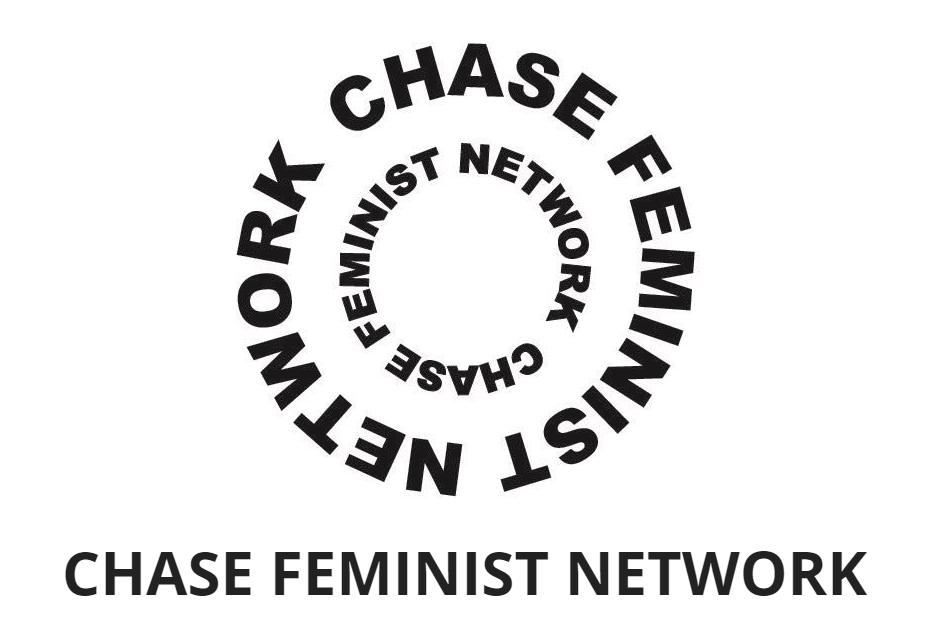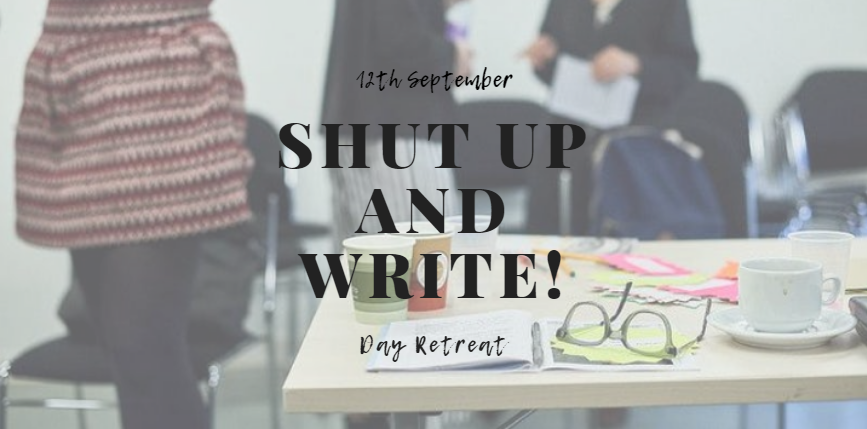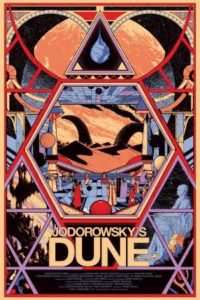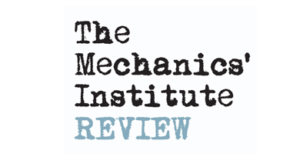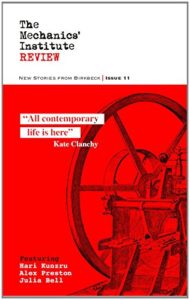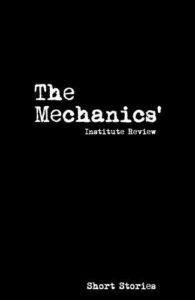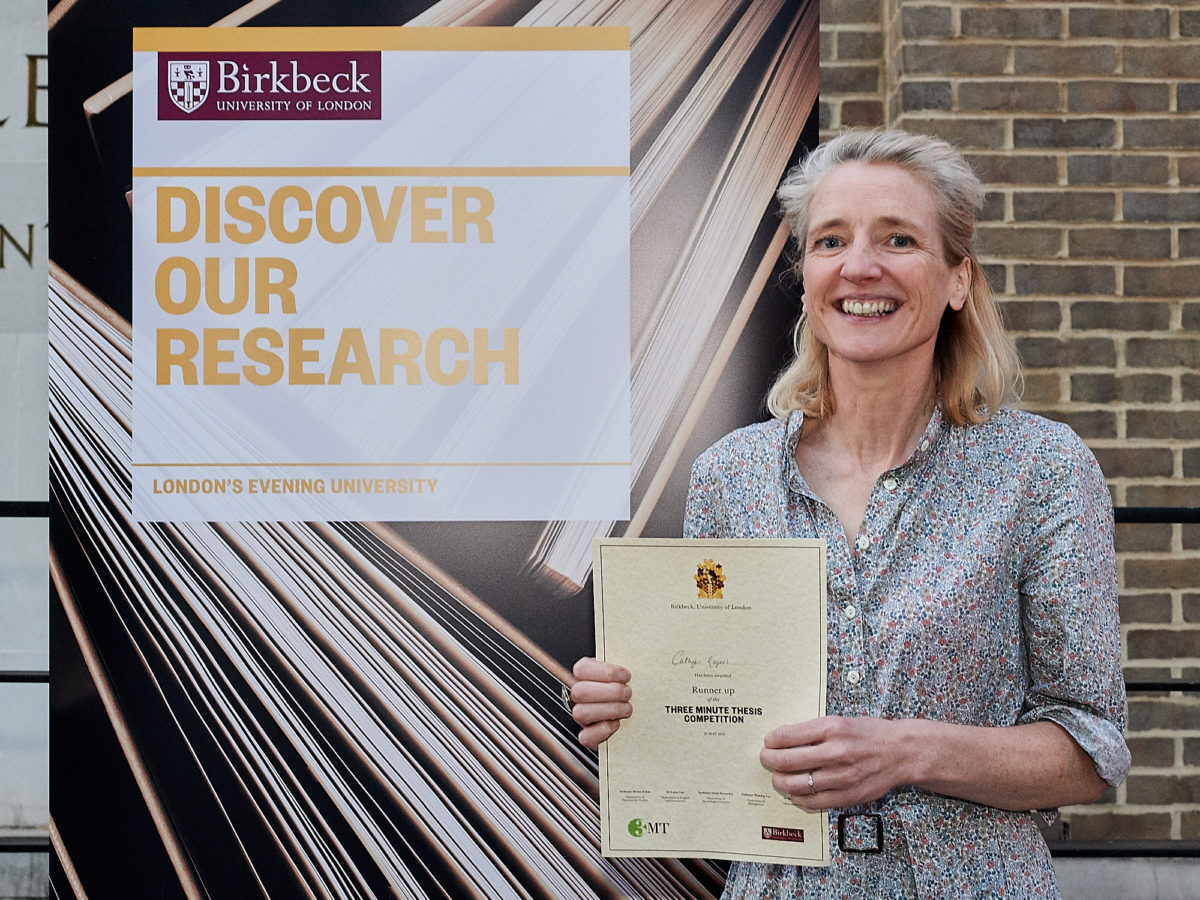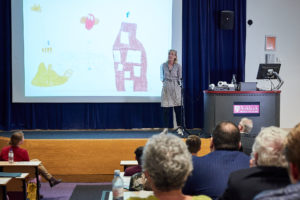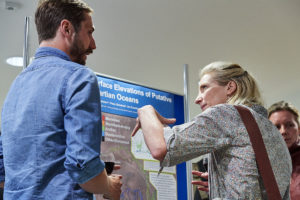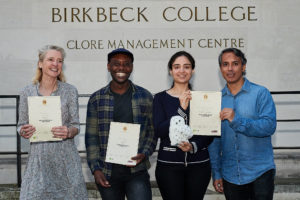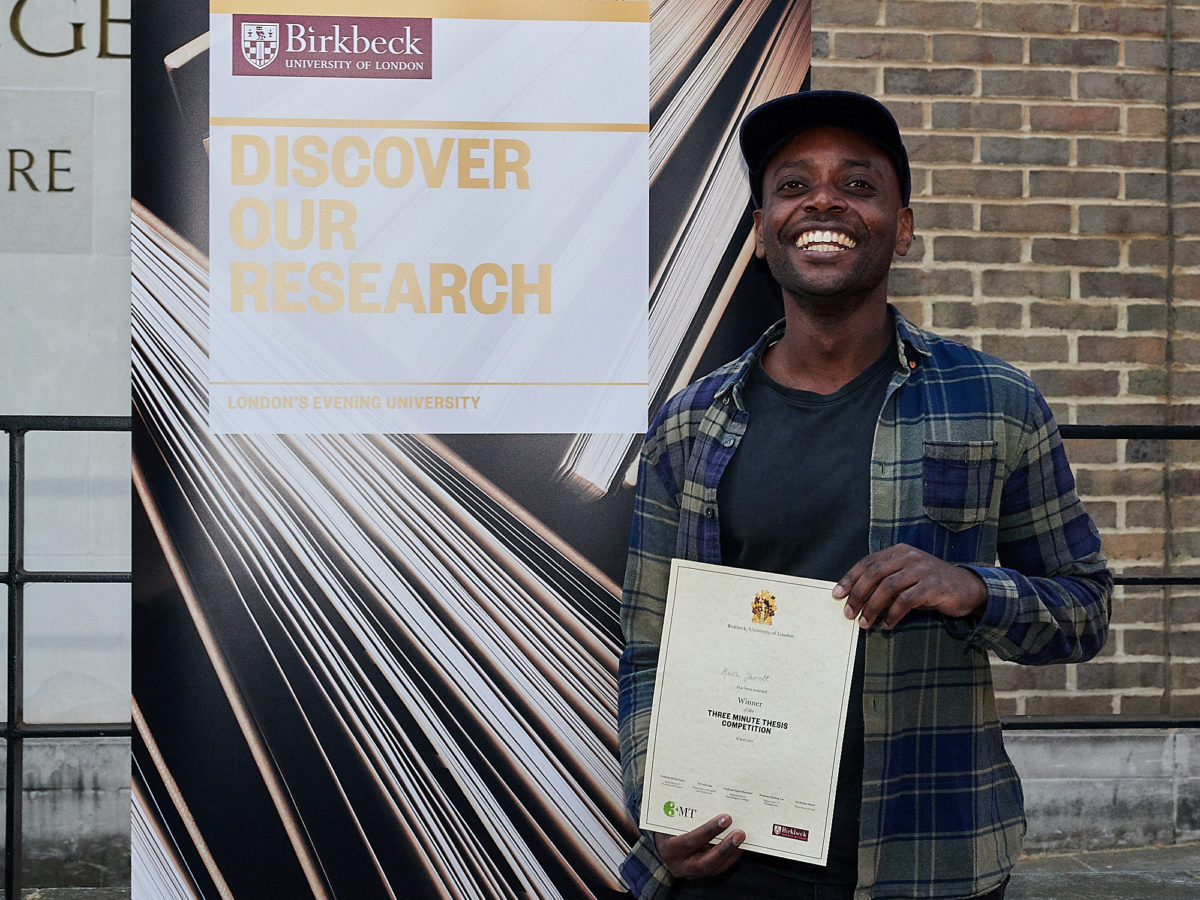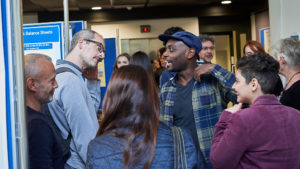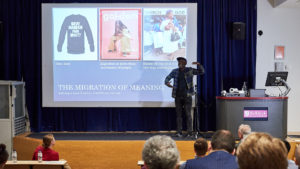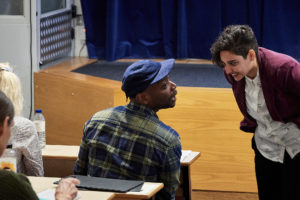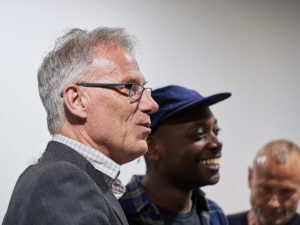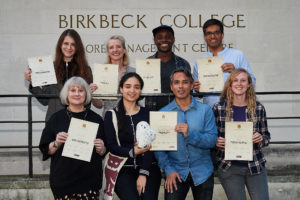“And where the words of women are crying to be heard, we must each of us recognise our responsibility to seek those words out, to read them and share them and examine them in their pertinence to our lives. That we not hide behind the mockeries of separation that have been imposed on us and which so often we accept as our own.”
Audre Lorde
Sharing Feminist Research, Methods and Practice Event
The CHASE Feminist Network was borne of discussions wishing to provide spaces of resistance in what continues to be a patriarchal higher education sector, with ongoing and intersectional discrimination happening at all levels. We seek to create a community of inspirational people inside and outside of CHASE who are challenging this environment, provide spaces for discussion, and offer support for innovative projects and events. The network is transpositive and intersectional, and places a strong emphasis on the importance of interdisciplinary commitments to feminist research and practice and welcomes a wide variety of creative, artistic, historical, literary, theoretical, and experimental contributions.
We would like to invite proposals for contributions to our two-day event from staff and students at CHASE funded institutions. We hope to receive proposals for a variety of formats, including individual or collaborative papers (20 minutes), workshop suggestions, themed topic roundtables, creative workshops, and performances, which aim to demonstrate the plurality and the breadth of feminist expression across CHASE.
This event wishes to address how discrimination within the academy, the unequal distribution of emotional labour, and imbedded cultures of privilege, can be troubled, disrupted and overturned through feminist approaches in academia. Taking feminist methodologies and pedagogies as its central focus, the event aims to address the complexities and nuances of working in a feminist way whether feminism is a focus of the research or not.
We welcome submissions that consider queer and feminist ways doing of research, cultural analysis, teaching, and artistic practice. How can this operate through activism? How can a feminist approach become an act of resistance in itself in spaces of intersectional oppression? How can feminism be an everyday practice of resistance to hierarchies in the academy and beyond, as a way of creating and recreating our own academic identities in a hostile system? We are particularly interested in submissions that address, but are not limited to:
- Trans rights and visibility
- Race, legacies of empire and decolonising the curriculum
- Motherhood, childcare and caring responsibilities
- Feminism and (dis)ability
- Precarious employment and the pay gap
- Gender and austerity
- Gender and age(ism)
The event will include a workshop on identifying the relevance of feminism in your research.
Please complete the form below with an abstract no more than 300 outlining your submission idea with a short bio by 30th November. We are also pleased to announce that we have a childcare fund available for this event.
Please submit your abstract and bio here: https://goo.gl/forms/txtVituZQ0fOUISL2
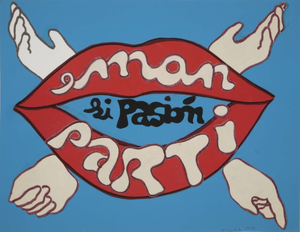
For any queries, please do not hesitate to contact chase.feminist@gmail.com

